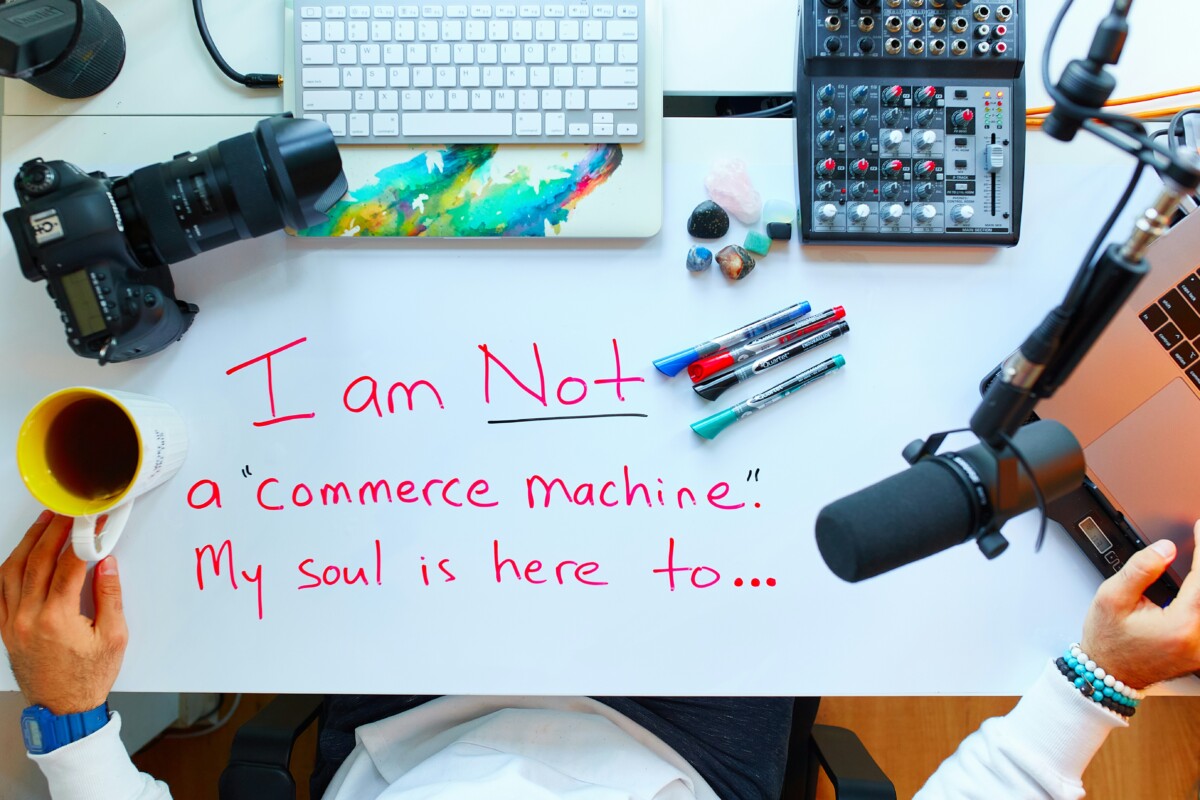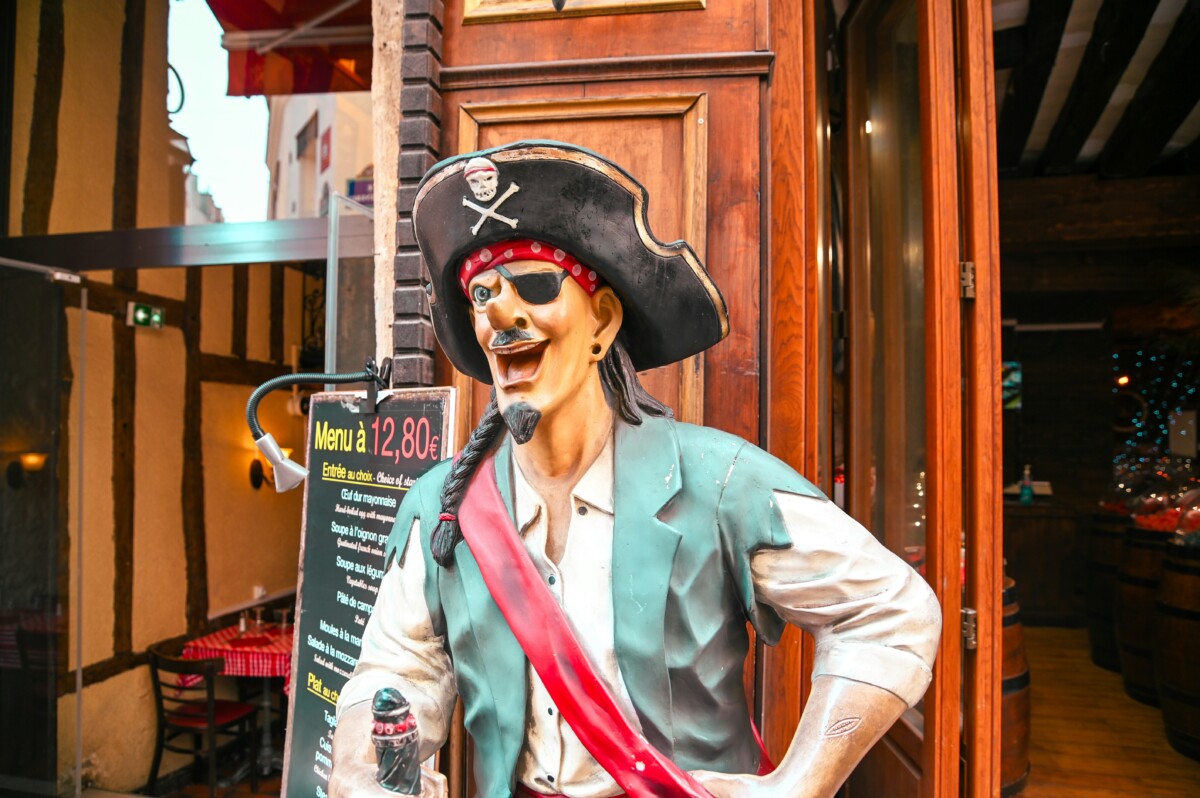Listen to the full podcast episode on YouTube, Spotify, and Apple Podcasts.
What does it take to lead a life shaped not by convention, but by values? For Mark Goyder, the founder of Tomorrow’s Company and a lifelong advocate for responsible business, the answer lies in embracing failure, resisting conformity, and holding fast to a sense of purpose that transcends profit.
Speaking on The Responsible Edge podcast, Mark reflects on a career that has spanned politics, business leadership, and decades of work pushing companies to rethink their role in society. His story is less about climbing a straight ladder and more about weaving together experiences—volunteering, factory work, political campaigns, and boardroom debates—into a philosophy of leadership rooted in human values.
From Quaker Roots to Cambridge Disillusionment
Mark’s early influences were profoundly shaped by family. His mother, of Quaker origins, embodied calm resilience, while his father campaigned for responsible business long before it was fashionable. Sent away to boarding school, Mark witnessed the racism and elitism of the system, sparking a radical streak.
But it was through community service volunteering—working with Punjabi communities in Shropshire and later with young offenders in Boston—that he discovered his ability to lead, persuade, and organise.
“Suddenly,” he recalls, “I found I could communicate, I could persuade people to do things.”
It was a turning point that revealed leadership as service, not authority.

Failure as a Teacher
Mark’s career, by his own admission, was not a linear path. After roles in HR and general management, he entered politics with the Social Democratic Party, standing for parliament twice and serving on Kent County Council. Despite tireless campaigning, he saw little electoral progress. Personally, he also faced the devastating loss of his infant son—an experience that reframed his sense of failure.
“Nothing succeeds like failure,” Mark says.
The lessons he thought were distractions—writing press releases, building grassroots campaigns, persuading people on limited resources—later became the foundations for his work with Tomorrow’s Company. Failure, in his words, is never wasted.
The Birth of Tomorrow’s Company
In 1990, Mark was invited by Charles Handy to direct a programme at the RSA that asked the radical question: What is a company for? The resulting Tomorrow’s Company inquiry brought business leaders together to explore the role of purpose and relationships in corporate success. Its landmark 1995 report introduced the concept of “enlightened shareholder value,” later enshrined in UK company law.
For Mark, this was a pivotal moment: a chance to translate years of hard-won lessons into a new vision for business.
“Human business is effective business,” he argues.
Purpose and values, once seen as “soft” add-ons, are now recognised as central to success.

Protecting Purpose in a Corporate World
One of the central questions Mark wrestles with today is how companies can retain their values once they grow or are sold. He points to the Ben & Jerry’s-Unilever saga as a cautionary tale. Founders can write protections into agreements, but ownership structures and market pressures often erode original purpose.
“The idea that you can talk about a purposeful company independent of talking about ownership is for the birds,” he insists.
True purpose requires governance that ties values to decision-making at every stage—what he calls the “seven ages of the company.”
Reinventing for the Next Generation
Now, Tomorrow’s Company is turning its attention to education, working with schools to help 14- and 15-year-olds discover their potential and imagine new ways of engaging with work. It’s a return to Mark’s own formative experiences with community service, completing a circle that began in Shropshire decades ago.
At the same time, he is championing “game-changing ideas” with networks of responsible business organisations—from new governance models to place-based investment. The goal is not just incremental change, but systemic reform.
A Rebel’s Advice
If there’s one message Mark offers to young leaders, it’s this: don’t let conventional definitions of success box you in.
“Be a rebel, be a pirate if that’s what it takes to reconnect with the real soul inside you,” he says.
For someone who has combined politics, business, and activism into a restless, values-driven career, the advice rings true. The future of responsible business, as he sees it, belongs not to those who follow the rules, but to those willing to challenge them.
Sponsored by...
The Mark of Editorial Integrity
👉 Learn how truMRK helps organisations strengthen the credibility of their sustainability reports.
Want to be a guest on our show?
Contact Us.
The Responsible Edge Podcast
Queensgate House
48 Queen Street
Exeter
Devon
EX4 3SR
Recognition.
Subscribe Now.
Subscribe below to receive a monthly email featuring all new episodes of The Responsible Edge Podcast.
© 2025. The Responsible Edge Podcast. All rights reserved.
The Responsible Edge Podcast® is a registered trademark.
Sponsored by truMRK
© 2025. The Responsible Edge Podcast

